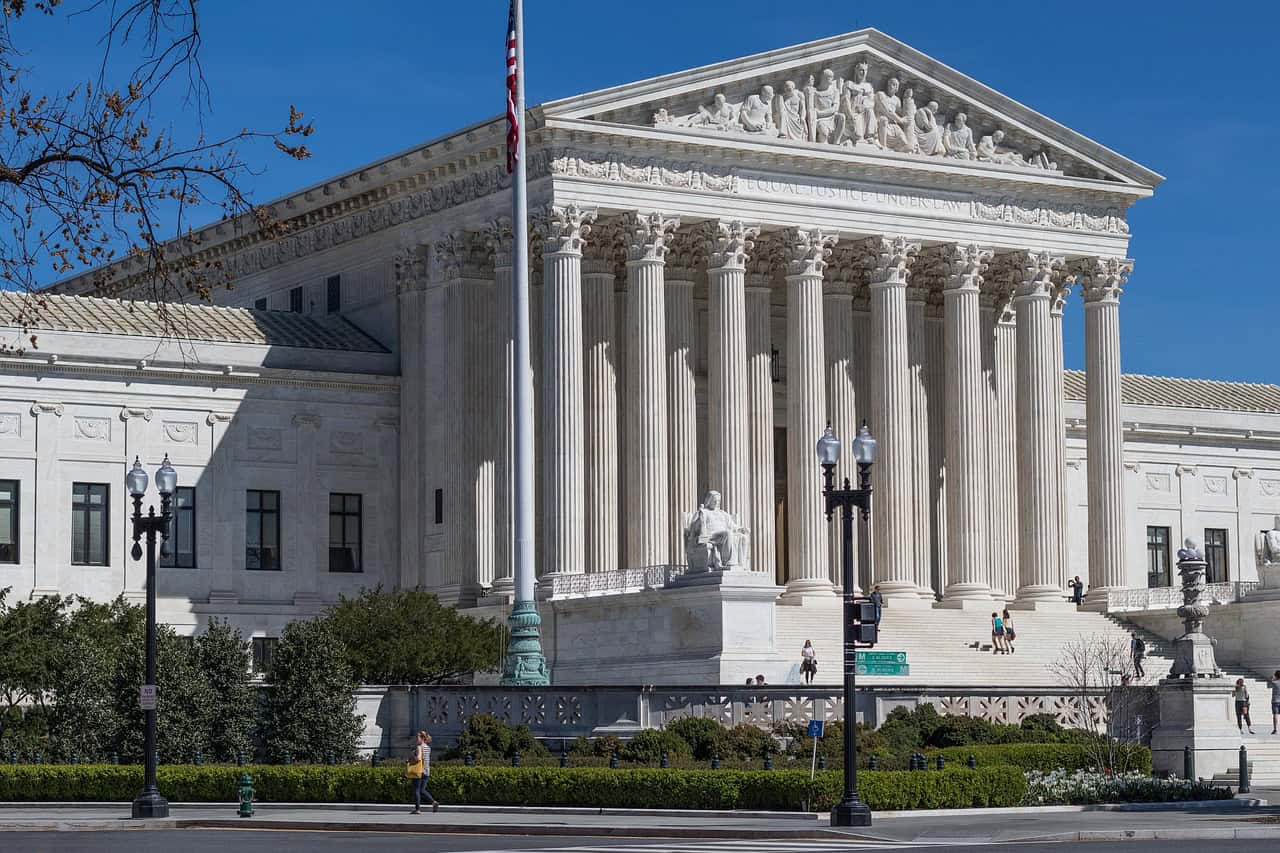International education stakeholders working to promote diversity, equity and inclusion across the sector have decried a decision by the Supreme Court in the US to end affirmative action.
The ruling, with six conservative justices on the highest court in the country outvoting the three liberal justices, means a change to race-conscious admissions programs in the US.
Chief Justice John Roberts ruled that Harvard University’s and University of North Carolina’s admissions programs violate the US constitution, by “unavoidably [employing] race in a negative manner” and that they involve “racial stereotyping”.
President Biden has criticised the decision as has the democrat leader in the US Senate Chuck Schumer.
Schumer said it has “put a giant roadblock in our country’s march toward racial justice”, adding that students of colour will have fewer opportunities from next year.
Republican speaker of the House Kevin McCarthy said that students will now “be able to compete based on equal standards and individual merit”, in an admissions process that is “fairer”.
Diversity Abroad said the decision will have “significant implications” for efforts to diversify education abroad, attract international students to the US, in addition to creating inclusive learning environments.
The Institute of International Education noted that since its inception in 1919, it has advocated for access and equity in higher education to provide global learning opportunities for all and that it will “continue to do so”.
Diversity, equity, inclusion, and access is “critically important” to engaging thoughtfully with the world and remain deeply committed to these principles, it said.
The IIE Center for Access and Equity was created to remove barriers and enrich and expand international education, exchange and opportunity.
“There is a direct correlation between higher education and economic and social mobility for both individuals and societies”
“We know that there is a direct correlation between higher education and economic and social mobility for both individuals and societies,” the non-profit noted. It reminded that certain groups – including students of colour, first-generation college students, students with disabilities, and students with limited financial means – have been historically underrepresented in international exchange.
“We will continue to work with our partners to deliver excellence through our programs, research, and services, and will continue to infuse DEIA measures in our strategic priorities,” IIE said.
American Association of Colleges and Universities said prohibiting consideration of race in college admissions “results in sharp declines in the enrolment of students from historically underrepresented groups”.
It pointed to evidence from nine states – Arizona, California, Florida, Idaho, Michigan, Nebraska, New Hampshire, Oklahoma, and Washington – where race-based affirmative action had already been prohibited at public institutions.
Previous analysis by Diversity Abroad indicated that lower enrolment rates for racially minoritised students will likely “reduce the pool of prospective students from such backgrounds applying to and ultimately participating in education abroad programming”.
Advancements in developing inclusive campuses may slow, hiring diverse faculty and staff could get harder and selective schools will feel an “outsized impact”, it also warned.
NAFSA CEO and executive director Fanta Aw wrote on Linked In that the sector must “focus on opportunities and outcomes to level the playing field”.
“As an educator whose professional and personal work is at the intersection of student success and outcome, diversity, equity and inclusion and international education, I have witnessed all too well over my time in higher education our failures, opportunities, and threats,” she said.
“Institutions of higher education historically and still today have been built with specific people in mind…
“We must deal with the root causes, because band aid solutions rarely lead to the sustained change we know is needed in our educational systems and society overall.”
The decision “should be of concern for all who are committed to advancing inclusive student success through equitable access to global education opportunities”, founder and CEO of Diversity Abroad, Andrew Gordon, wrote in The PIE.
For study abroad, the percentage of students studying abroad from racially diverse backgrounds was “stubbornly low” even before the Supreme Court’s decision.
“This decision should be a call to action for those who are committed to inclusive student success to double down in efforts to expand access to and support in global education,” he said.
Association of American Universities president Barbara R. Snyder said the decision was deeply disappointing, but that it does not change higher education institutions’ responsibility “to provide the best possible learning environment for students and to prepare students for participation in an increasingly diverse workforce and interconnected society”.
The Hispanic Association of Colleges and Universities also condemned the decision, with president and CEO Antonio R. Flores saying it “perpetuates the inequities in educational opportunities for Hispanics and other underserved groups”.
Not all higher education institutions were critical of the decision.
Donald Sweeting, chancellor of Colorado Christian University, said that current practices “advantage some people at the expense of others on the basis of race, which is a violation of the equal protection clause”.
“Racial diversity is good, but so is the affirmation of high standards and academic excellence… Universities will no doubt encourage racial diversity in other ways,” he added.











